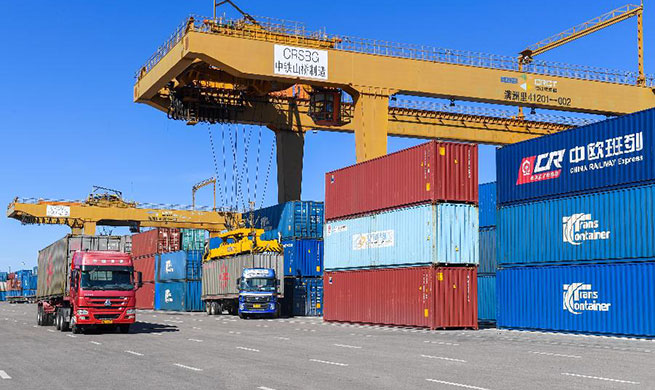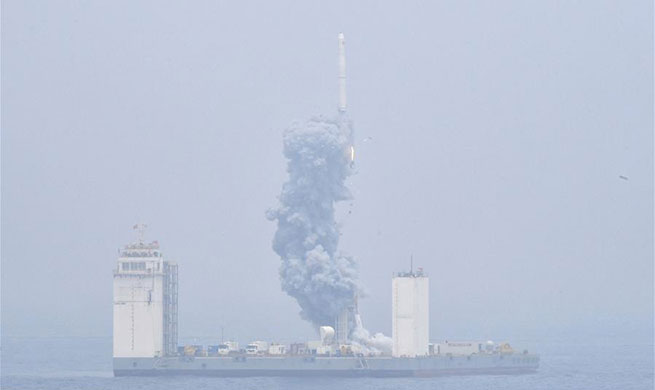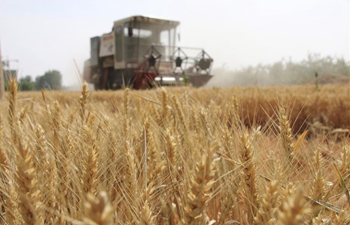JUBA, June 5 (Xinhua) -- The International Monetary Fund (IMF) said the realization of lasting peace in South Sudan will be vital for restoration of macroeconomic stability and improving the living conditions of people.
The IMF said in a statement issued on Tuesday evening that although a September 2018 peace deal has improved the prospects for lasting peace and economic recovery, the east African country is still facing deep economic and humanitarian crisis.
"It is therefore paramount that the government urgently takes steps to improve oil revenue management, strengthen non-oil revenue administration and shift spending priorities from war to peace-building," the IMF said.
According to the lender, without peace and security, the outlook remains extremely difficult, with continuing threats to macroeconomic and financial stability, declining income, and deteriorating humanitarian conditions.
A team from the IMF visited South Sudan in March 2019 to consult with leaders there on economic developments and financial policies.
According to the World Bank, South Sudan is the most oil-dependent nation in the world, with oil accounting for almost the totality of exports, and around 60 percent of its gross domestic product.
But after the young nation descended into civil war in late 2013, oil production declined from 350,000 barrels per day in 2011 to less than 130,000 barrels per day amid soaring inflation and economic crisis.
The IMF said the reopening of damaged oilfields has boosted oil export by 20 percent, but it recommended South Sudan to step up key reforms to restore macroeconomic stability, strengthen economic buffers, improve governance, and rebuild credibility with the international community.
It also said additional external support to South Sudan would strengthen ongoing economic stabilization efforts and the peace process in the near term.
















